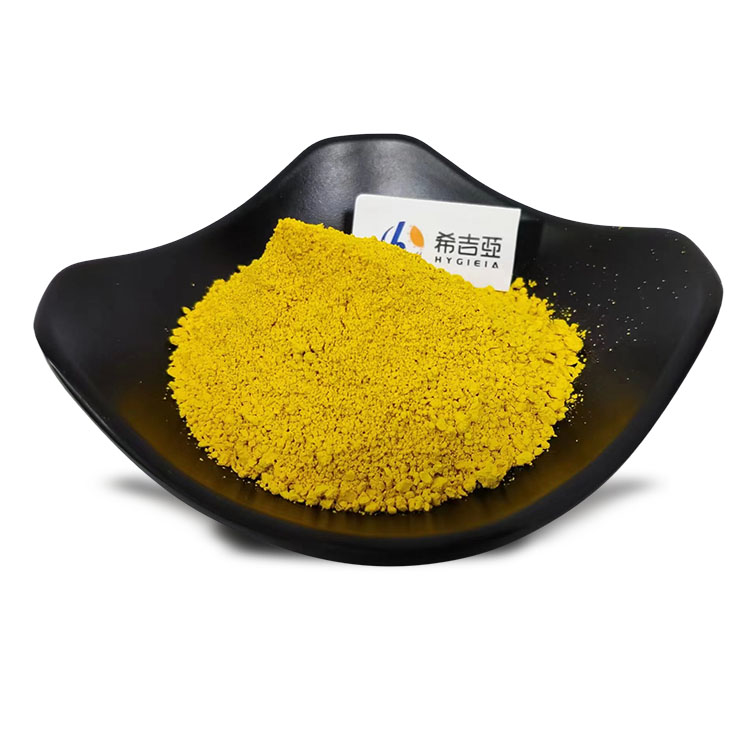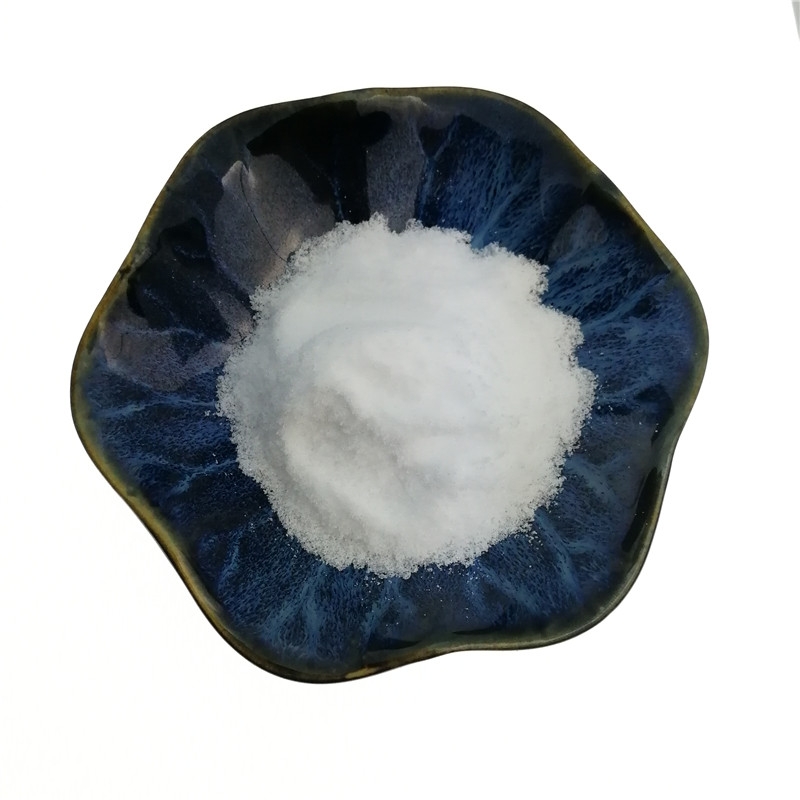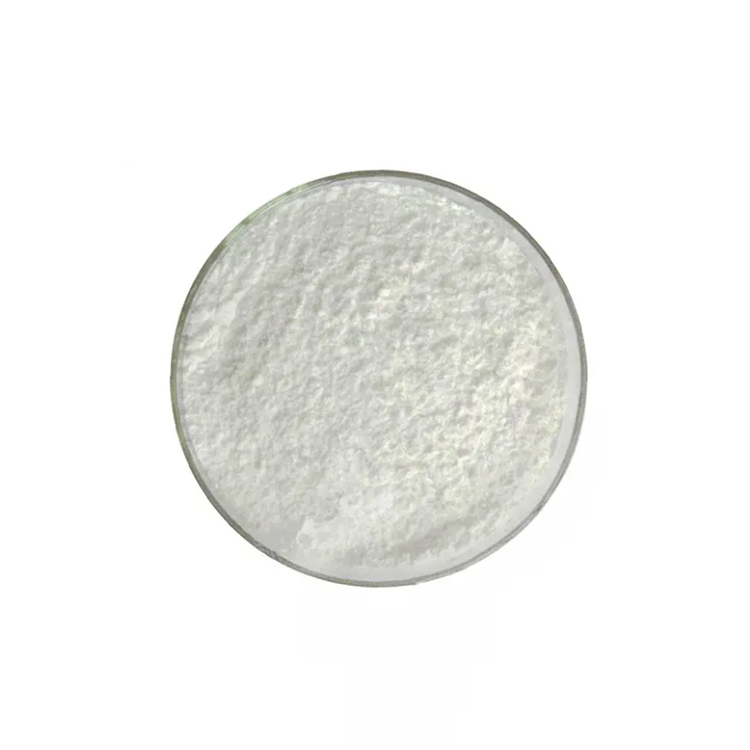-
Categories
-
Pharmaceutical Intermediates
-
Active Pharmaceutical Ingredients
-
Food Additives
- Industrial Coatings
- Agrochemicals
- Dyes and Pigments
- Surfactant
- Flavors and Fragrances
- Chemical Reagents
- Catalyst and Auxiliary
- Natural Products
- Inorganic Chemistry
-
Organic Chemistry
-
Biochemical Engineering
- Analytical Chemistry
- Cosmetic Ingredient
-
Pharmaceutical Intermediates
Promotion
ECHEMI Mall
Wholesale
Weekly Price
Exhibition
News
-
Trade Service
Milk is an excellent source of calcium and vitamin D, which are needed to build strong, dense bones
But there are many reasons why many people don't drink milk
What foods contain calcium?
Dairy products such as cheese and yogurt are rich in calcium, while nondairy foods such as tofu, canned boneless fish, green leafy vegetables, nuts and seeds contain varying amounts of calcium
Some foods have added calcium, including some breakfast cereals and soy, rice, oat and nut "milk"
However, it is difficult for your body to absorb calcium from non-dairy products
How much calcium do you need?
Depending on your age and gender, daily calcium requirements range from 360 mg to over 1,000 mg for teenage and older women
A 250ml glass of milk contains about 300mg of calcium, which is equivalent to a standard serving of milk
200g yogurt
250ml calcium-fortified vegetable milk
100g canned bone-in pink salmon
100g firm tofu
115 grams of almonds
The daily recommended amounts of dairy and non-dairy alternatives vary:
Depending on age and gender, children should eat 1 to 3.
Women ages 19 to 50 should eat 2.
Men ages 19-70 should eat 2.
However, the average Australian consumes just 1.
What other nutrients do you need?
If you don't drink milk, the challenge is to get enough nutrients to maintain a balanced diet
protein
Food sources: Meat, poultry, fish, eggs, nuts, seeds, beans, dried beans and tofu
It is needed for the growth and repair of cells, the manufacture of antibodies, enzymes, and the manufacture of specialized transport proteins that carry chemical messages throughout the body
phosphorus
Food sources: Meat, poultry, seafood, nuts, seeds, whole grains, dried beans and lentils
Promotes bone and tooth growth, supports cell growth and repair, and is necessary for energy production
.
Whole grains are a source of phosphorus, zinc, and vitamin B12
.
Potassium
Food sources: Leafy greens (spinach, beets, kale), carrots, potatoes, sweet potatoes, squash, tomatoes, cucumbers, zucchini, eggplants, beans and peas, avocados, apples, oranges and bananas
.
Cells and nerves need to be activated
.
Maintains fluid balance, helps muscles contract and regulates blood pressure
.
Zinc
Food sources: Lean meats, chicken, fish, oysters, beans, nuts, whole grains and whole grain products
.
Helps wound healing, develops the immune system and other essential functions of the body, including the senses of taste and smell
.
Beans like chickpeas contain protein and zinc
.
iodine
Food sources: fish, prawns, other seafood, iodized salt, and commercial bread
.
Thyroid hormone necessary for normal growth and brain development, used by the thyroid to produce thyroxine needed for growth and metabolism
Vitamin A
Food sources: Eggs, oily fish, nuts, seeds
.
(The body can also make vitamin A from beta-carotene in orange, yellow, and leafy greens
.
)
Antibodies are needed to maintain healthy lungs and gut, as well as good vision
.
Vitamin B2 (riboflavin)
Food sources: Whole grain breads and cereals, egg whites, green leafy vegetables, mushrooms, yeast spreads, meats
.
Energy needs to be released from food
.
Also supports healthy vision and skin
.
Vitamin B12 (vitamin B12)
Food sources: Meat, eggs and most animal-based foods, some fortified plant-based milks and fortified yeast (check label)
.
Needed to make red blood cells, DNA (your genetic code), myelin (insulate nerves) and some neurotransmitters needed for brain function
.
When might you need to avoid milk?
Reasons why people don't drink milk include taste, personal preference, animal welfare or environmental concerns
.
It can also be due to medical conditions or concerns about intolerances, allergies, and acne
.
Lactose intolerance can cause bloating and pain
.
Lactose intolerance
Lactose is the main carbohydrate in milk
.
It is broken down in simple sugars by the enzyme lactase in the small intestine
.
Some people are born without lactase, or their lactase levels decline with age
.
For these people, eating foods high in lactose means that lactose cannot be digested in the gut, which can trigger symptoms such as bloating, pain, and diarrhea
.
Studies have shown that small amounts of lactose -- 15 grams per day -- can be tolerated without symptoms, especially if lactose is present throughout the day
.
A cup of milk contains about 16 grams of lactose, while a 200-gram serving of yogurt has 10 grams of lactose, and a 40-gram serving of cheddar cheese has less than 1 gram
.
milk allergy
About 0.
5-3% of one-year-olds are allergic to cow's milk
.
By the age of 5, about half of the children reportedly stopped doing it, and by adolescence, the figure was 75%
.
However, one survey found that 9 percent of preschoolers had severe allergic reactions
.
Symptoms of a milk allergy include hives, rash, cough, wheezing, vomiting, diarrhea, or facial swelling
.
Symptoms vary in severity and can occur immediately or take several days to develop
.
If the reaction is severe, please call 000 as this may be a medical emergency
.
acne
In addition to cheese, the whey protein in milk products triggers an increase in insulin, the hormone responsible for transporting blood sugar and releasing it into the bloodstream
.
Meanwhile, the casein in milk triggers an increase in another hormone called insulin-like growth factor (IGF), which affects growth
.
Both of these responses boost the production of androgens, and androgens contribute to the worsening of acne
.
If this happens to you, then don't drink milk, but stick to hard cheeses and eat other calcium-rich foods on a regular basis
.
While milk can be problematic for some, for most of us, drinking it in moderation as recommended works
.







